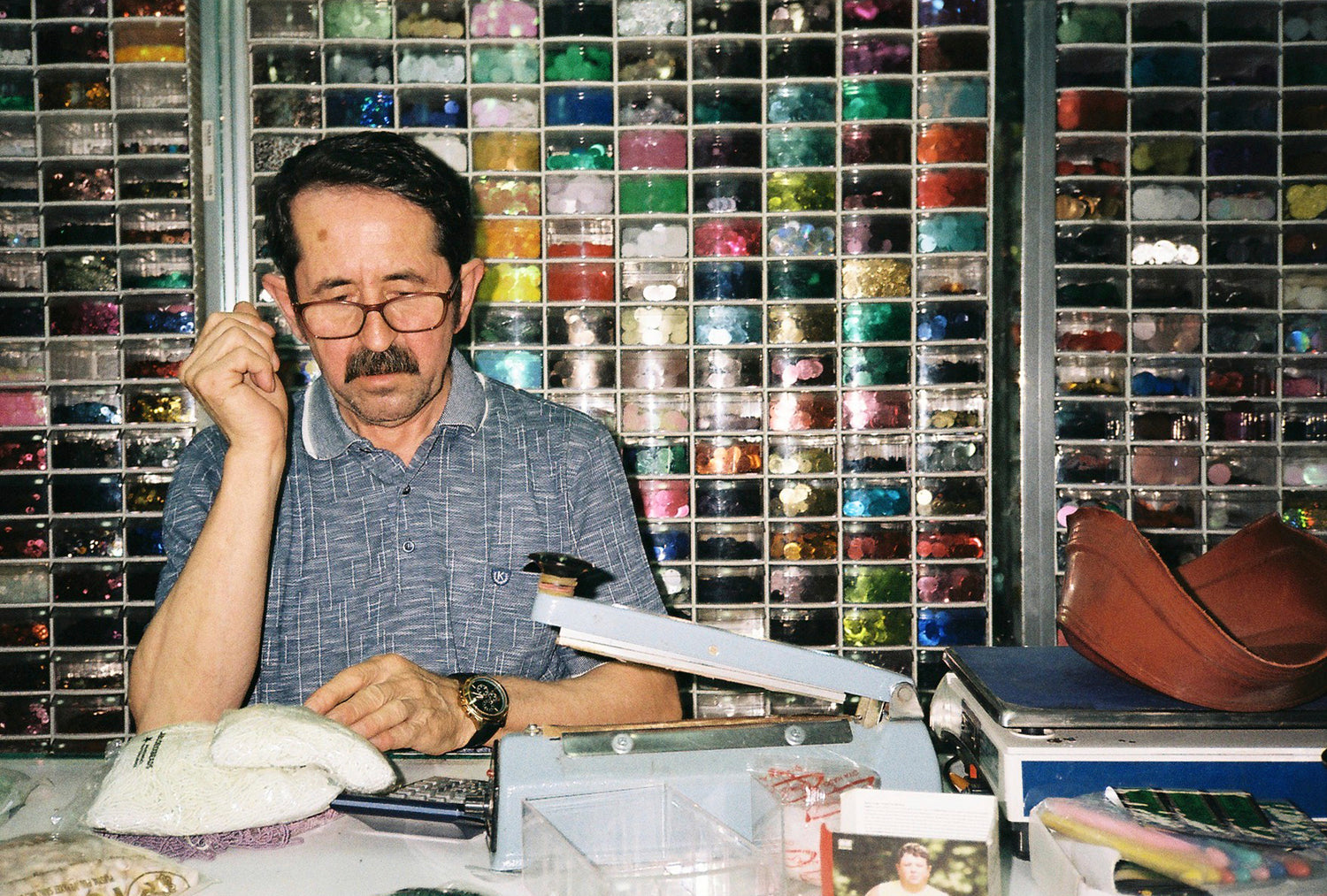How do you pay your artisans?
Having the opportunity to work and earn a living is one of the most effective ways for people to build a life with dignity. Our artisans set their own rate piece that is in accordance with the local living conditions in the countries they live in. Østerland is also a member of UNHCR’s Made51 entity, which means that we are meeting the ethical compliance standards set by the World Fair Trade Organization that social enterprise partners must meet in their work with local and refugee artisans.
How do you ensure due diligence in Afghanistan?
Our partners Wadan in Herat are sponsored by UNHCR, which means they have already been assessed by a thorough due diligence to ascertain the integrity and competence of Wadan.
Østerlands partner in Denmark Warfair helps us with importing the products from Afghanistan to Denmark. Warfair is also selling our products made in Afghanistan after the supplier in Herat has been through a thorough due diligence assessment by Warfair’s ethical board. You can read the due diligence report here.
Who designs your products?
Most of our products are designs that have already been developed in Afghanistan and the Middle East and belong to our partners and artisans. Many of these products and their designs have been passed from one generation to another, have evolved in response to their environments and contribute to giving the region a distinct identity. Sometimes Østerland will make adjustments to these products, so they fit into a global market. These adjustments can be color, size, shape and patterns. We also collaborate with external designers from Denmark which have focused on storytelling and showing the best the Middle East and Afghanistan has to offer. Our products will always have patterns, motives and techniques relevant to the local and refugee artisans’ culture. The Østerland team is always inspired by islamic, anatolian and central asian art.
Are you a NGO or a business?
We are a registered limited liability company. We are believers and advocates of promoting self-reliance and entrepreneurship rather than dependency on aid. When local artisans are connected to national and international markets, they can reclaim ownership of their own practices. We take pride in very personalized relationships with our artisans and business partners which means all the profit we make is shared transparently with the artisans, so we can grow and expand our business activities. Sometimes we receive small grants from institutions like Danish House in Damascus or the World Fair Trade Organization. These grants are always used to optimize our company to improve our impact for the artisans we work with.
How are you environmentally conscious?
Raw materials used are always sourced locally. When you buy objects from our artisans, you are avoiding major industrial processes that are damaging to the environment because most of our artisans work from home or from small ateliers. Our business model ensures small-batch production and boutique manufacturing, and they rely heavily on renewable agricultural inputs. For example, our Syrian bedspreads are woven with cotton sourced from Hatay right at the border to Syria. The farmers are subsidized by the Ministry of Agriculture in Turkey and then the cotton is sold to our weaver in Hatay who produces the bedspreads. That way, the artisans are not producing for production’s sake, but only catering when there is a real demand, in an effort to minimize the collective negative impact that all production has on our environment.
Where do you operate?
We are based in Copenhagen, Denmark. Our artisans are based in Herat and Kabul in Afghanistan. Our artisans in Turkey are based in Istanbul, Ankara and Hatay.
Where can we buy your products?
You can buy our products on our website with local (Denmark) and worldwide shipping. Our products can also be found at a number of museum shops as well as boutiques in Denmark and around the world. Please see the full list here.
Do you ship worldwide?
Yes. We ship worldwide. We ship with GLS in the EU and for the rest of the world we use DHL.


